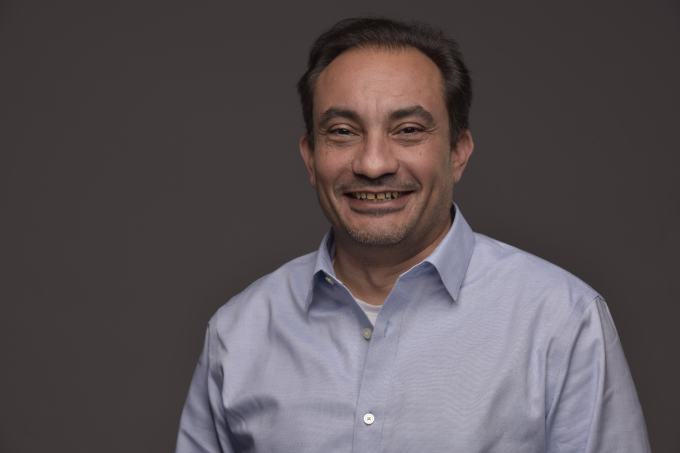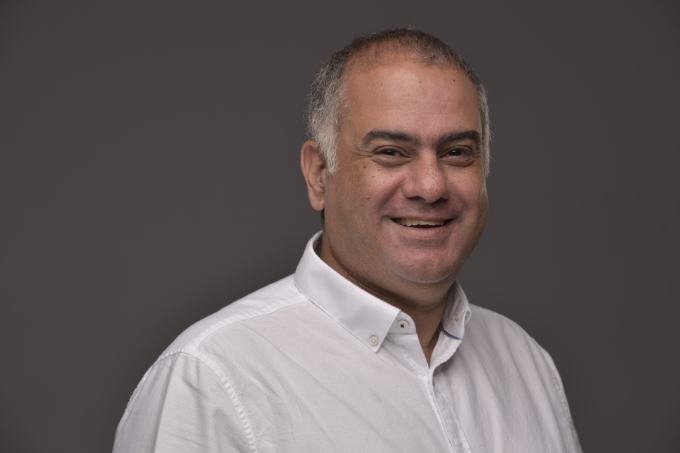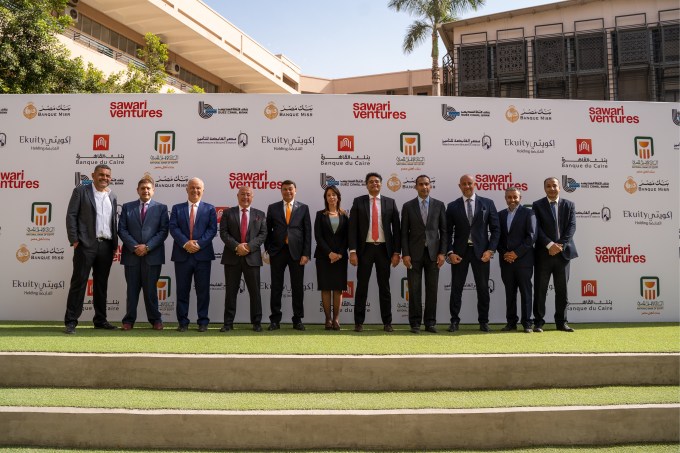News: Empathy emerges from stealth with $13M for a digital assistant aimed at bereaved families
Death, despite being one of the most inevitable of life’s events, can also be one of the most complicated and problematic. Fraught with emotional and religious complexities, for many families it can also come with financial and organizational ones. Today, a startup called Empathy is coming out of stealth with the aim of taking some
Death, despite being one of the most inevitable of life’s events, can also be one of the most complicated and problematic. Fraught with emotional and religious complexities, for many families it can also come with financial and organizational ones. Today, a startup called Empathy is coming out of stealth with the aim of taking some of the stigma out of working on some of those challenges head-on, with an AI-based platform for families to help organize affairs (and thus indirectly help assist in those families attending to themselves) after a death.
“On average, a family can spend 500 hours dealing with the different aspects related to the death of a loved one,” said CEO Ron Gura, who co-founded the company with Yonatan Bergman. “We provide a digital companion in the form of native apps that are built to empower bereaved families.” He said he likens Empathy to a “GPS for the recently bereaved.”
The Israeli startup is launching first in the U.S. market, and it’s doing so with $13 million in funding co-led by VCs General Catalyst and Aleph.
Some 3 million people on average die in the U.S. each year — a number that has seen some spikes more recently due to Covid-19. And despite it being one of the more natural and predictable of things that we will all go through sooner or later, it’s not something that many people prepare for, whether it’s due to fear or religion or simply not wanting to dwell on morbid subjects. Ironically, that hasn’t been helped by the fact that it has in turn created a pretty significant stigma around building services to help people deal with it, either for themselves, or on behalf of others.
In very typical startup fashion, this spells opportunity, of course.
“I’ve been obsessed with this narrative for a few years,” said Gura, who previously worked with Berman at The Gifts Project and then later at eBay in Israel after it acquired the social gifting startup. “Death is one of the last consumer sectors that is untouched by innovation. It’s not because of technology or even a regulatory barrier. It seems it’s mainly because of the inherent optimism in us and our human nature that causes us to avoid talking about the inevitable truth of death and dying. So there is an unspoken sector that is not seeing transformation that pretty much every other sector is seeing these days.”
It’s also, I suspect, because death makes people incredibly vulnerable, and any enterprise based around vulnerability feels off.
Empathy’s approach is to make its help, and the building of a business around that idea, as transparent as possible. The company offers services for free for the first 30 days, and after that you pay a one-off fee of $65, which does not go up the longer you use the service, which could be five months or five years (or yes, longer).
After you fill in a few details about your particular circumstance, you are then guided through a step-by-step process of all of the different things one needs to deal with after a person dies.
These include things like the first, immediate arrangements you might need to make, how to inform others (and informing them), organising a funeral or other ceremony, procuring the right documents, dealing with the will, securing the deceased’s identity, dealing with his/her property, organising a probate, settling benefits and accounts, and bills, and other assets, taxes and perhaps bereavement counseling for ourselves. For many of us, not only are we upset, but we may have never had to go through these processes before, and it’s a surreal learning curve to be experiencing when you are already on a potential emotional rollercoaster.
The idea with Empathy is that while some of these will require some lifting from you, the platform will play the part of a “digital assistant” by helping prompt what you need to do next, and give you guidance for how to get through that. It doesn’t refer you to others; it doesn’t advertise other services and never plans to. The data that does go into the platform, Gura said, will not be used anywhere other than where you are channelling it for the purposes of settling affairs.
Empathy is not the first but the next in an interesting and slowly growing cluster of startups tackling this area. Others include Farewill in the UK, helping people write wills for themselves; Lantern to help open up the conversation about death and planning for it; and estate planning startup Trust & Will. Competition, perhaps, but at least for now showing that there can be helpful tech build even for the more difficult areas of life.
“The end-of-life industry is a large sector that has been untouched by the wave of digital transformation occurring in every other industry,” said Joel Cutler, MD and co-founder of General Catalyst, in a statement. “Empathy is unique in that it addresses both the emotional and logistical anguish of loss. We believe this is the technology and experience that can greatly benefit every family.”
“The Empathy team is directing their vast experience in consumer software to significantly improve how people handle the burdens that come with death,” added Michael Eisenberg, partner and co-founder at Aleph. “When grieving, many families do not have the bandwidth to deal with tasks and bureaucracy. By combining financial technology and emotional understanding, Empathy has built a product for the next-of kin with compassion at its core.”
Longer term, Gura said that Empathy may look to tackle other aspects of the process, such as organizing affairs before the death of a loved one, or perhaps looking at other problematic life events, like divorce, that also spur a lot of obligations in their aftermath.







